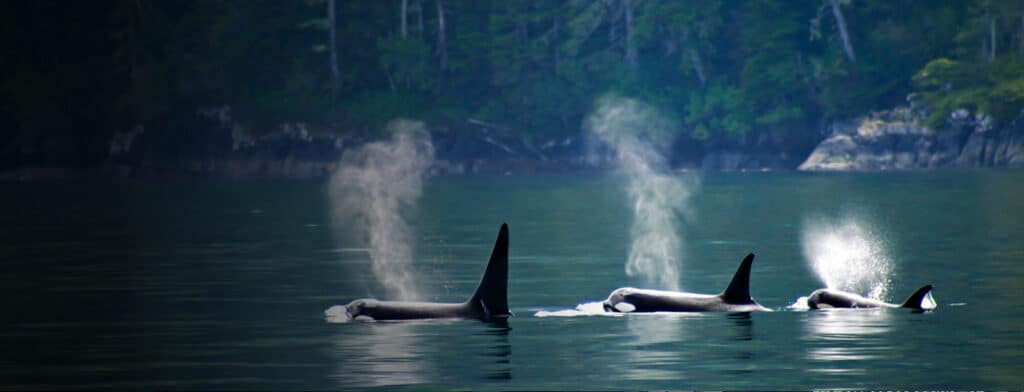
Resources
Search
Resource Type
Issues
Projects
-
High Risk in the Rainforest
New findings indicate that GVL has failed to reform its operations, despite numerous complaints led with the Roundtable on Sustainable Palm Oil (RSPO) since 2012, including a comprehensive set of com…
-
From Lab to Fork
Whether made from genetically engineered yeast or through in vitro processes, these next-generation animal replacement products are manufactured in resource-intensive factories. The products are often…
-
Department of Interior FOIA (June 26, 2018)
The violations arise out of Agency Defendants’ failure to respond to FOIA requests that Plaintiffs submitted for records regarding policies or guidelines governing Agency Defendants’ handling of F…
-
Industrial Fish Farming NGO Letter
Industrial marine finfish farming poses serious risks to our oceans, coastal communities, and public health. We represent a variety of stakeholders, industries, and organizations who rely significan…
-
Industrial Ocean Fish Farms Infographic
An infographic outlining the locations and recent disasters of Industrial Ocean Fish Farms in the United States.
-
Oil Tanker Info Sheet
Since 1975 Friends of the Earth has maintained a presence in the Paci c Northwest, covering a broad range of environmental issues.
-
Northwest Campaign Info Sheet
Our Oceans and Vessels Program is keenly aware that until we wean ourselves off fossil fuels, we must ensure that the best available technology and practices are continuously updated to reduce the ris…
-
Impeach Scott Pruitt Fact Sheet
President Trump has given no indication that he intends to remove Pruitt, so it is time for Congress to take control. It is time for Congress to impeach Scott Pruitt.
-
GMO Animal Replacement Products
Genetically engineered animal replacement products are entering the market before they have been proven to be safe, scalable and sustainable alternatives to factory farmed animal products.
-
2017 Annual Report
We’ve galvanized volunteers to become environmental leaders in their own communities, kept Big Oil and Gas out of our precious public lands, and made big progress in our ongoing fight to eliminate b…